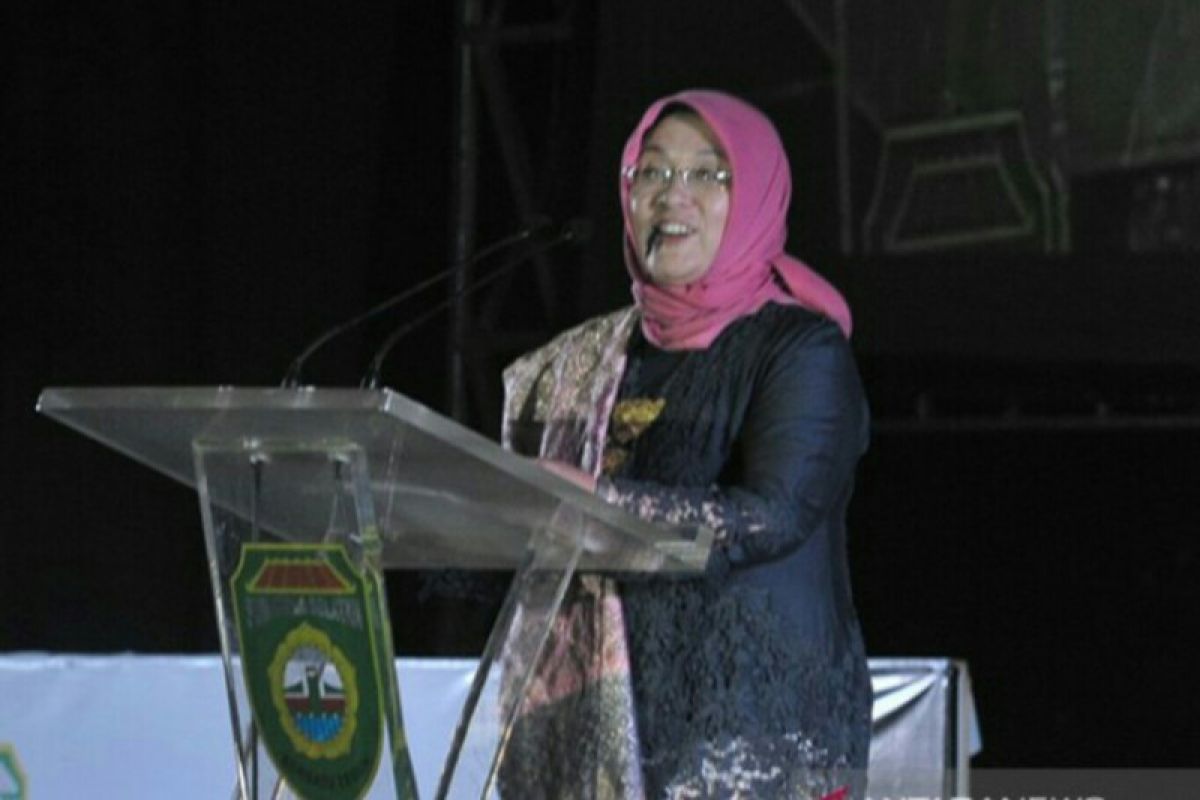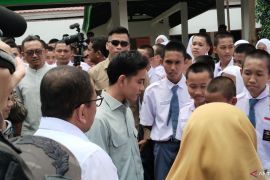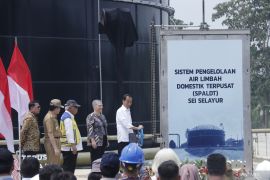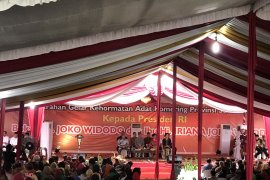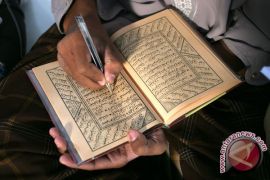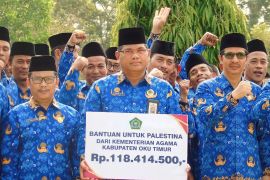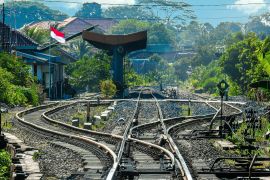Southeast Asian nations should be invited first to the festival organized yearly for the past 28 years, Handayani noted in her opening remarks in connection with the Sriwijaya Festival here on Sunday evening.
The Sriwijaya brand has been known worldwide since Palembang, the capital of south Sumatra, had held the 18th Asian Games in 2018, she pointed out.
The South Sumatra provincial administration should have in place a comprehensive plan to raise the level of the festival internationally, specifically pertaining to the cultural wealth to be highlighted at the festival, Handayani emphasized.
Handayani highlighted the need for the Sriwijaya Festival to be promoted through cooperation among travel agents that can offer tour packages covering the festival.
Herman Deru, the South Sumatra governor, seconded the view by affirming that the implementation of Sriwijaya Festival should be improved considerably in order to attract domestic and foreign tourists.
"The package of Sriwijaya Festival should be improved and upgraded in order to draw the attention of foreign countries," the governor stated.
The 28th Sriwijaya Festival is being organized on June 16-22, 2019, at Benteng Kuto Besak, Palembang.
Traditional artists from 17 districts in South Sumatra as well as from neighboring provinces, including Jambi, Riau, and Lampung, will deliver local dance performances and belt out songs during the event.
Sriwijaya was a maritime and commercial kingdom that flourished between the 7th and 13th centuries, principally in what is presently Indonesia.
The kingdom originated in Palembang on the island of Sumatra and swiftly extended its influence and controlled the Strait Malacca.
Sriwijaya’s power was based on its control of international sea trade. It established trade relations not only with the states in the Malay archipelago but also with China and India.
Translator: Aziz Munajar, Fardah
Editor: Bambang Purwanto
Copyright © ANTARA 2019
